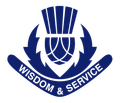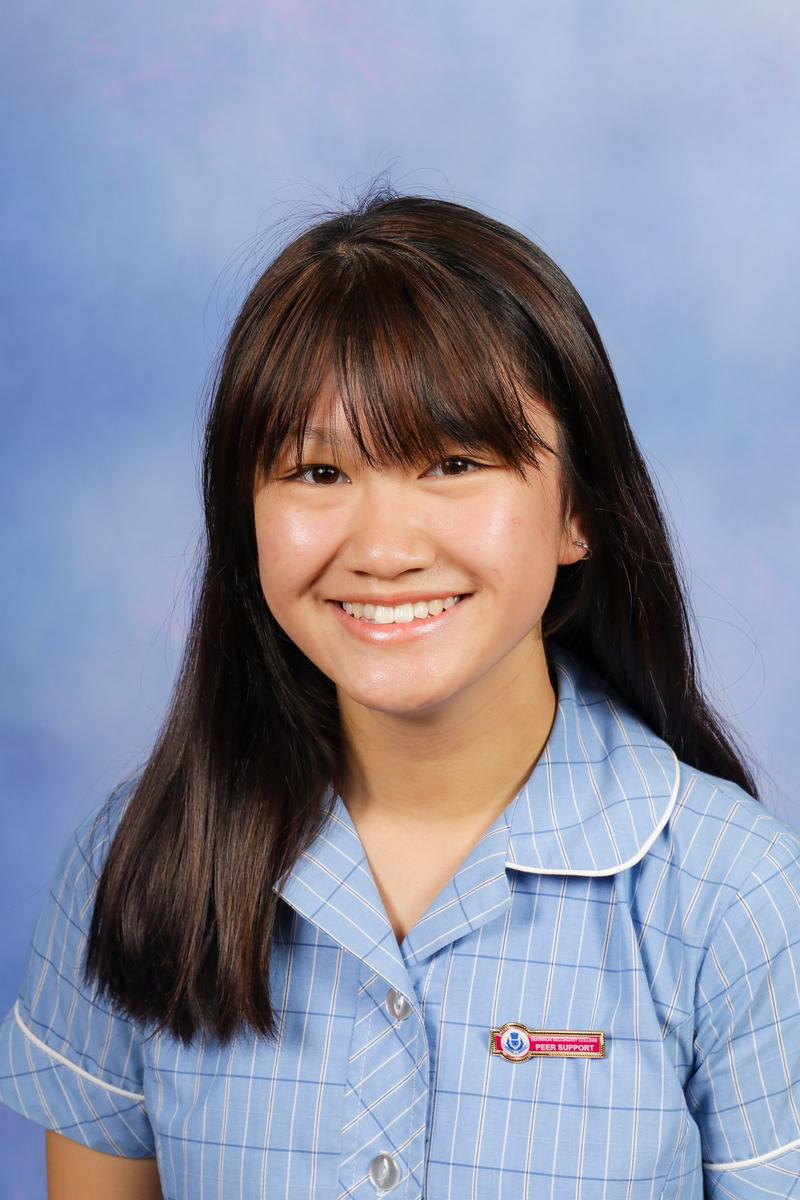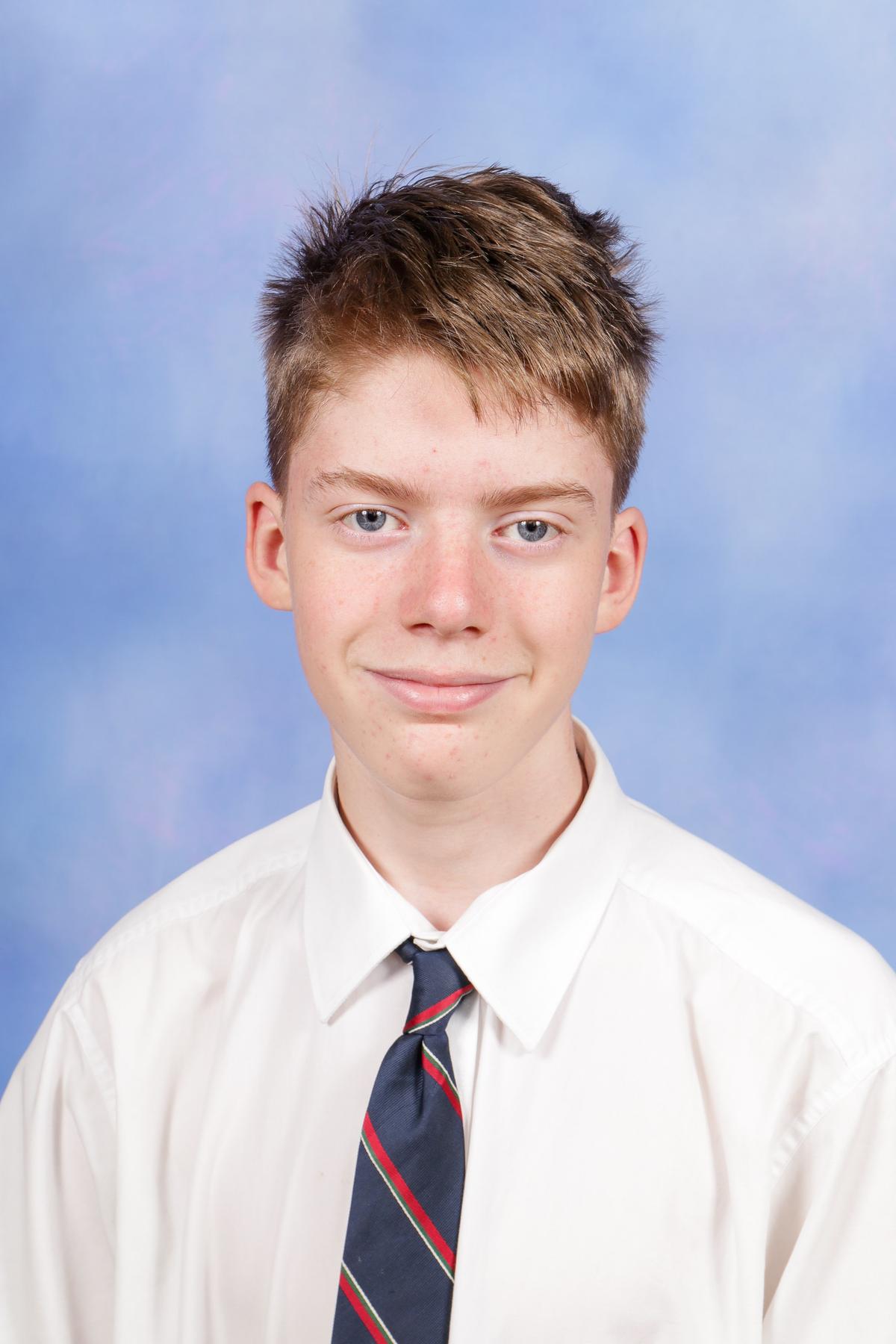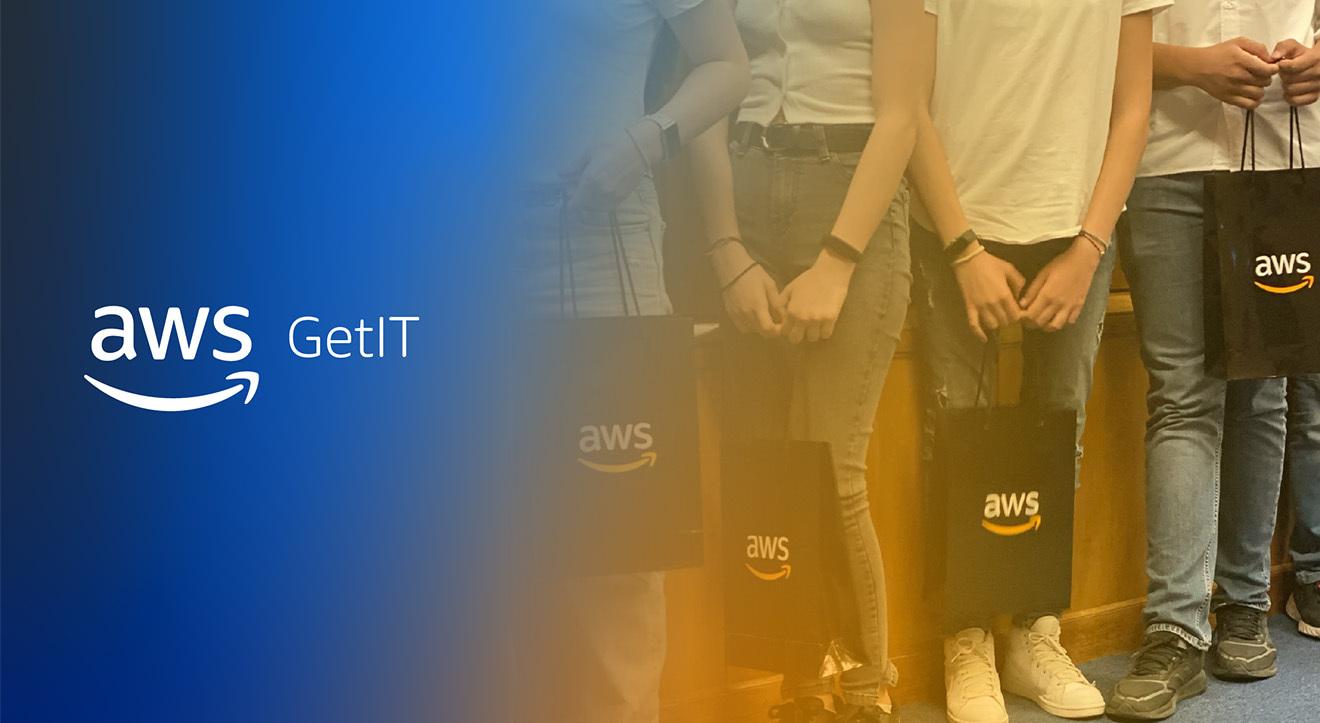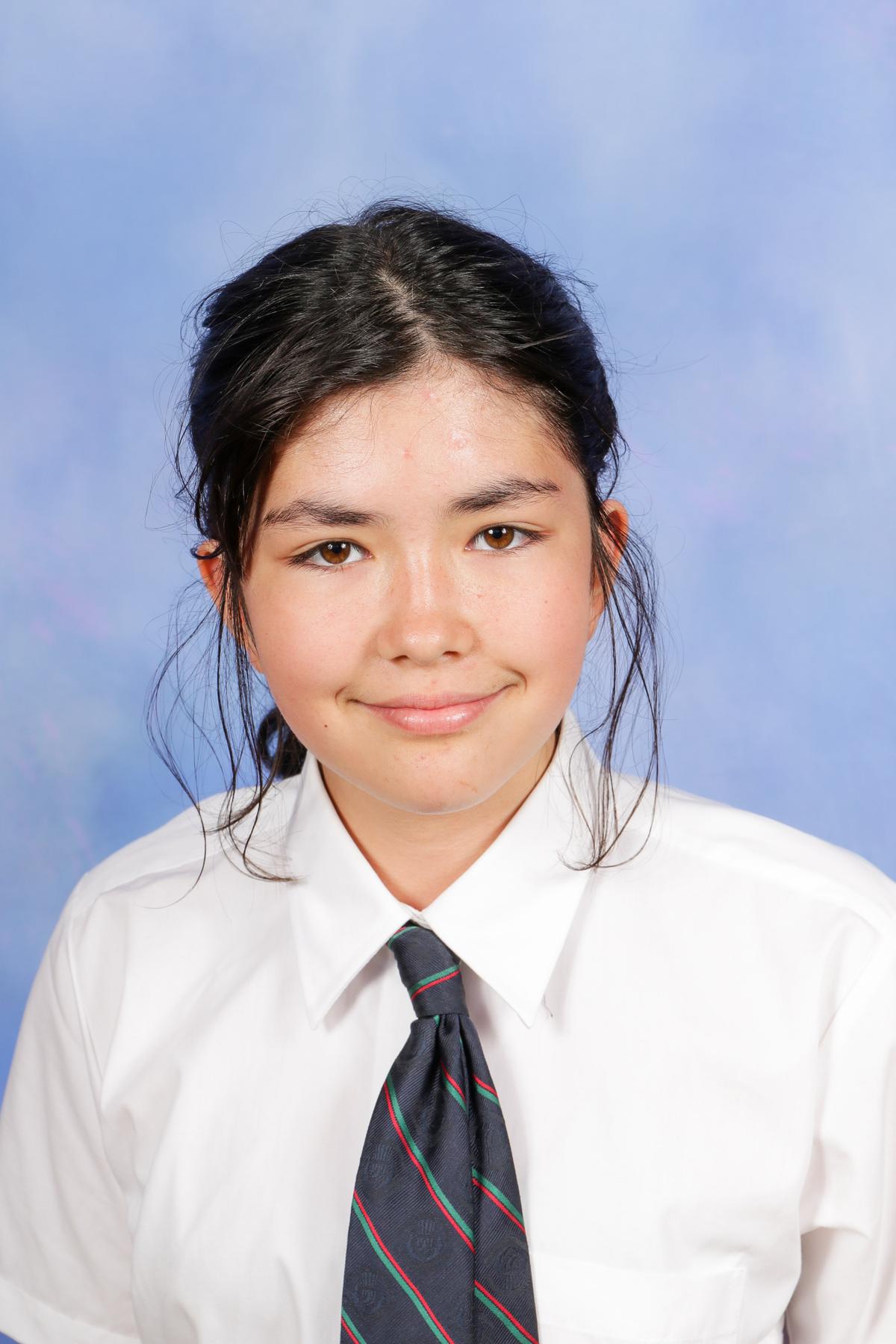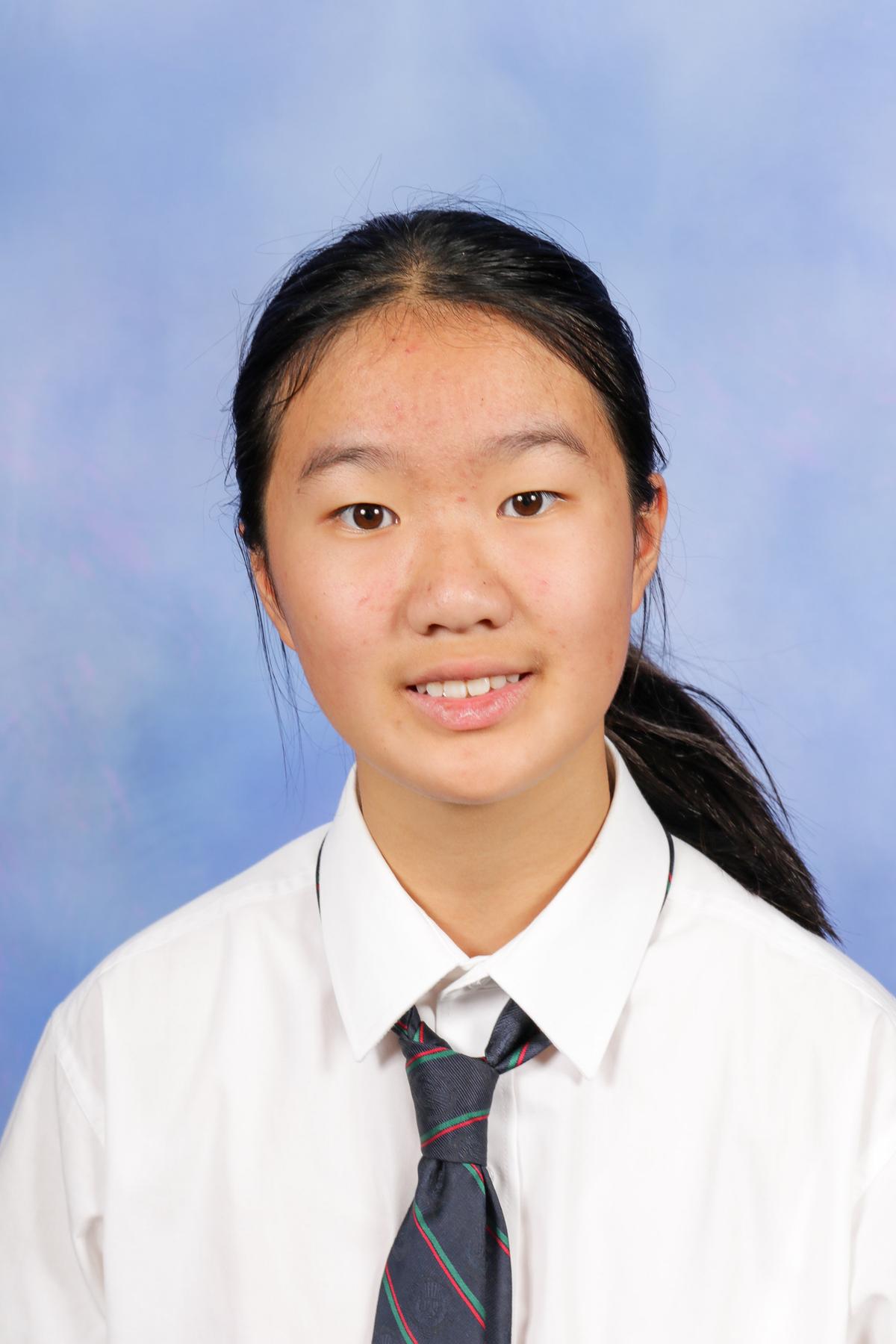ICT

INFORMATION SYSTEMS UPDATE TERM 2
Students in Year 10 Information Systems this Semester have been learning to convert decimal numbers into Binary and Hexadecimal; then being able to represent these as ASCII and Unicode characters on a keyboard. The following topic was Algorithms, where students learned how to create sequences to help them with their coding by creating flowcharts and Pseudocode.
The students have just completed four weeks of Python Programming using GROK, an online learning platform. They were challenged by their prior knowledge, with most of them achieving their Level 1 Certificate. A special mention to Michael Erdsteinand Claude Le Quiniat, who managed to complete their Level 2 Certificate and were challenged by some Level 3 challenges.
Here is what some of the students have said about 10ISY so far:
“We were introduced to Binary, Decimal and Hexadecimal conversions at the start of the year. My peers and I needed help to convert the big numbers. However, we have gained a better understanding of the units by learning a couple of mathematical strategies and having assistance from the ASCII code table. Following this, we explored Algorithms using Flowcharts and Pseudocode. Using flowcharts and pseudocode has so far been my highlight for this subject! Extending on prior knowledge from Year 7, we learnt how to format our processes using CASE and loops effectively. To end Term 1, we completed tasks using Python on Grok. Learning numerous ways to code a specific command was quite fascinating. Python is worth learning.” Jasmine Lee
"Over the last term, the information systems class has been covering a wide array of topics relating to areas of computer technology. We covered the binary counting system, the hexadecimal system, and how these topics relate to our computers. After this, we covered different types of flowcharts, pseudo code, and learning the interpreted biased programming language, python (using the Grok learning platform), which we just finished. We ended each unit with a test to determine our knowledge and understanding of the subject. Information systems is always a highlight of the week for me, significantly when solving problems and puzzles using Python. I am looking forward to upcoming learning experiences." Michael Erdstein
“During our first few weeks of Year 10 Information Systems, we focused on Binary, Hexadecimal, and converting between the two. These concepts were quite foreign to some but were also comforting to others, as they had studied these topics in previous years. Mr Russo explained how we use base ten and the bases that binary and hexadecimal use (base two and base 16).
After a topic test, we moved on to our next unit of Algorithms. We started off with brain riddles and writing the solutions out, to learning pseudocode and how to create flowcharts according to the steps of code we had written out. Our class enjoyed working together, going through different sequences on the board, and laughing at our mistakes as we corrected ourselves.
After this topic, we moved on to learning Python from GROK. Python was fun and engaging to learn using the online platform, and Mr Russo was very eager and always ready to help. Most of us finished the first level, and some had even started the second or third level of Python, as they had started some last year.
We're all looking forward to the next few topics we'll cover in class and the new exciting skills we'll learn.” Caitlyn Sin Mew Cheung
“In Information Systems in Year 10, we learnt about Binary and Hexadecimal Conversions, Algorithms and Python Programming. We used a GROK Learning website to learn how to programme in a coding language called Python. It was good working with other people in my class to work on tasks Mr Russo had set out. In algorithms, we learnt about Flowcharts, Representing Flowcharts, Pseudocode, Sequences, Iteration, and Flowchart Convention Checks too! Everyone who finished Stage 1 of Introduction to Python has received a certificate of completion, and it was nice watching everyone receive their certificate after completing it.” Sathvik Behara & Blake Harcourt
Students will be studying Networks and will then undertake a 2nd Programming Language of their choice, perhaps C++, Java or LUA for their last Learning Task.
Mr Russo
ICT and Information Systems Teacher
GROK WEB.COMP MAY 2023
The competition is now well underway in week 2 of the competition. Students are completing weekly challenges to get their creative juices flowing. The first week introduced students to HTML and CSS Stylesheets. Each “dot” guided students through the skills needed to complete each corresponding “diamond” task assessment.
The purpose of Grok allows students to work at their own pace, learning the required skills to accomplish pre-defined tasks. If students stay on top of the weekly challenges, they will be rewarded with knowledge, skills and a sense of accomplishment. This is a 4-week competition and will end on Friday 2 June.
The Web.Comp feeds nicely into the Tournament, which will commence on Monday 5 June for students to compete with the best of the best! Students will design a website to be voted on amongst hundreds of others and see who comes out on top. Voting is open to everyone, so students can get their friends and family involved! The more votes, the better the chances of winning.
AWS COMPETITION: EMPOWERING STUDENTS TO GET INTO TECH
At the start of this year, 25 lucky Year 7s participated in the AWS challenge. This was a fully funded education program, and the competition was designed to inspire 12-14-year-old students, especially girls, to consider a future in STEM (Science, Technology, Engineering, Mathematics). The program allowed us to gain access to the curriculum designed to help students build foundational skills, learn about cloud tech, and design app ideas to solve problems in our local communities.
These dedicated young minds participated after school on Wednesdays on a weekly basis (mostly!) in term 1. The students got into groups of between 3 and 5 to learn about teamwork and design ideation. They also learned the importance of being good listeners and leaders when working as part of a collaborative team.
The goal was to design an app that would help to solve specific problems or completes specific tasks. All facets of technology were explored, from AI to data storage, jobs in technology to concepts of app design.
All in all, we had five teams that competed to be put forward for the AWS Challenge. The winning team would be forwarded to AWS: Get IT with a chance to compete against other teams. The regional competition winners will be invited to the AWS offices to experience a day in the life of an ’Amazonian’. The day is designed to be interactive and fun and ensure hands-on learning and educational activities with demos of Machine Learning and AI will be explored and experienced. This is an invaluable opportunity for our future generation of tech developers and entrepreneurs.
THE GREAT NEWS
After nine weeks of solid work, with some changes along the way, I would like to formally congratulate the following group of team members and wish them the best of luck. They worked tirelessly and collaboratively, especially during the last 36 hours of the challenge to be crowned our first McKinnon Secondary School AWS winners voted for by their peers!
CONGRATULATIONS TO:
“AWSGetIT was a challenge for students, set up by AWS. They set up fun games and modules for us to complete so that we could learn about the initial process of designing an app. Our app was a replacement for Compass and Google Classroom and we named it Actividule. I enjoyed learning about the cloud and different steps required to design an app. I was in a team with Skye Spooner and Grace Chen and I think our team worked excellently together! Overall, I enjoyed the AWSGetIT experience throughout - Thank you Ms Ho!” Geet Monga
“In AWS, we went through different learning tasks while each team designed an app. I really enjoyed finding out about cloud computing and AI, and the app- making was the best part. Our teacher would really liven things up. The goal was to make a slideshow on google slides that presented your idea and app in various ways, such as a wireframe and bumper sticker, while demonstrating your learning throughout the weeks. It was tough as some of my team members stopped coming to the lessons, me and the rest of our team pulled through. We occasionally met outside of the classes to discuss and further improve our slides.
Aside from the app building, the modules were really cool too. They were really easy to understand and informative, and still fun, like when they demonstrated machine learning by having a virtual robot dance. Overall, I loved each week I spent at AWS, and I would gladly do it all again if I could.” Skye Spooner
[The modules in AWS and the] “lessons we learned were informative and interesting, a lot of them challenged us and while there were multiple setbacks, our team succeeded in the end.
In general, I'm really glad I got this opportunity to try something new with friends.” Grace Chen
Prior to publishing this newsletter, I heard back from AWS and it is with great pleasure to announce that Geet, Skye and Grace have been selected to present their idea to a panel.
Fingers crossed these amazing three young ladies will be our overall AWS Challenge Winners.
Ms Mary Ho
ICT Learning Area Manager/ ICT Teacher
